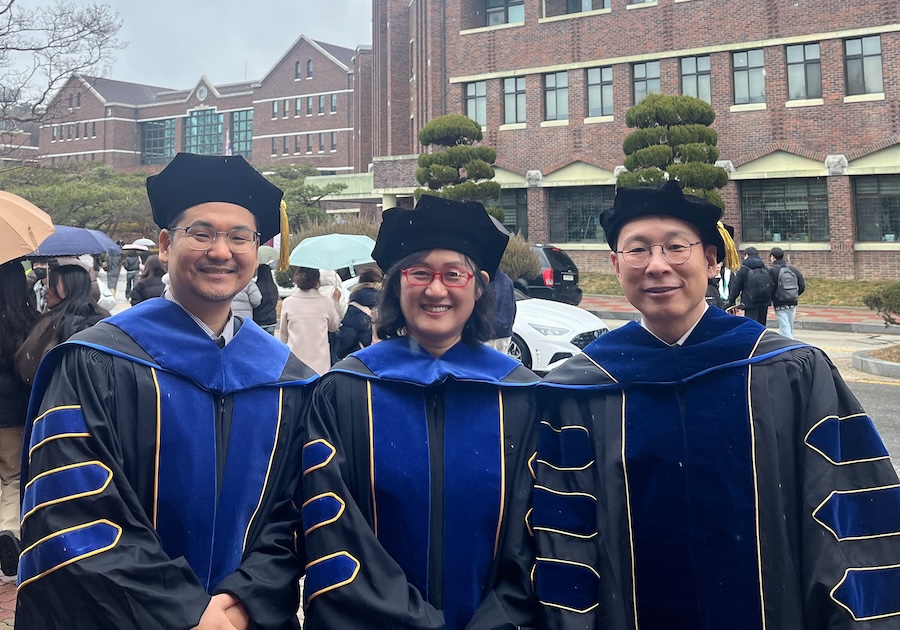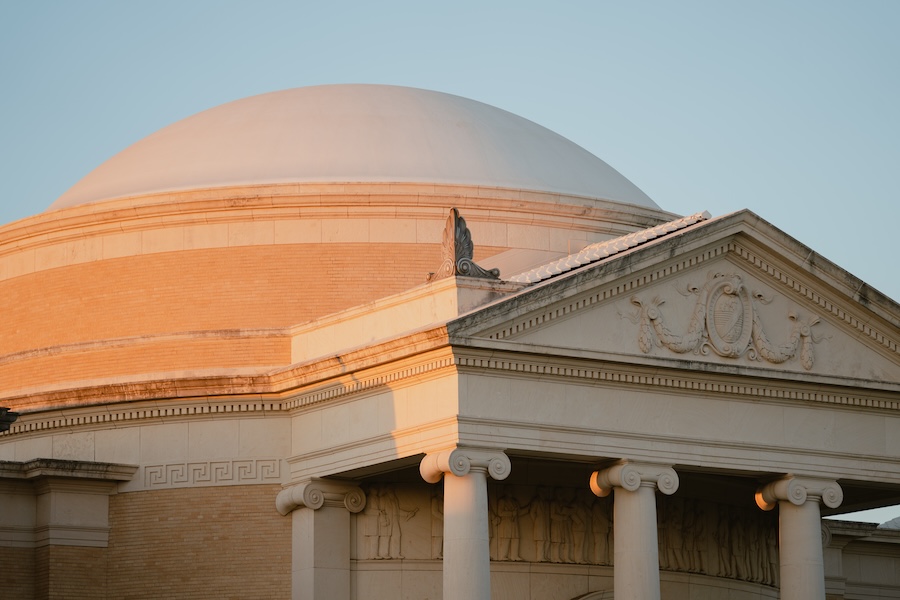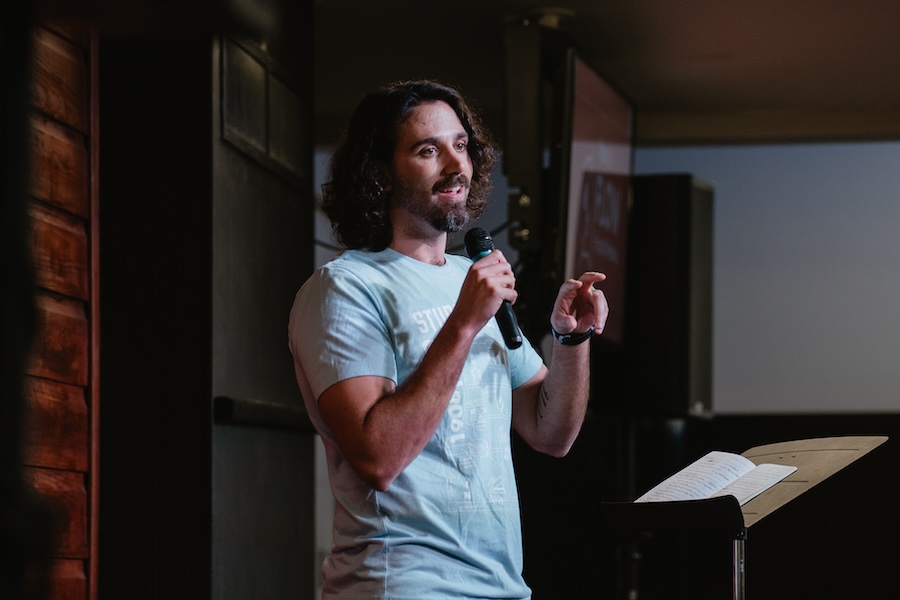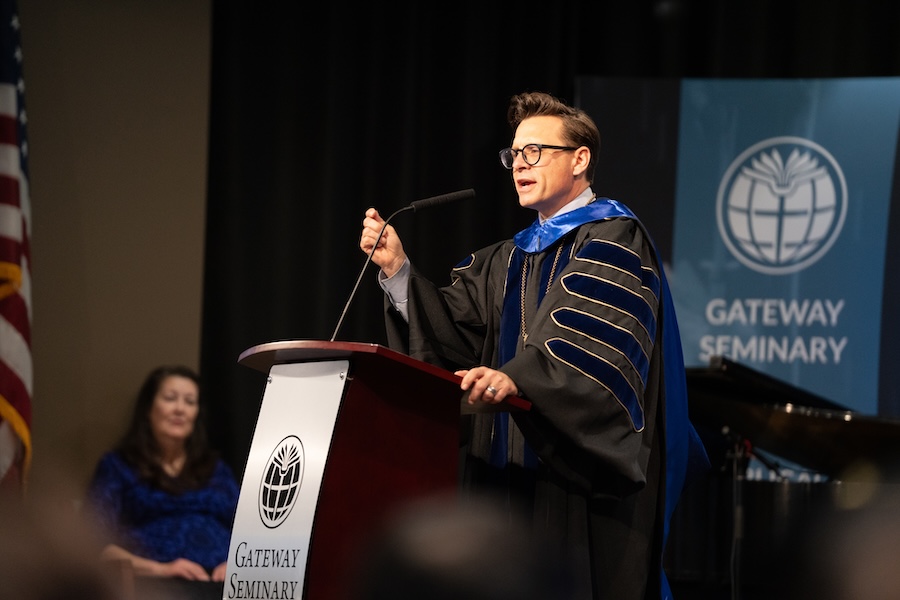Scrivener equips East Texas students to apply apologetics to everyday life
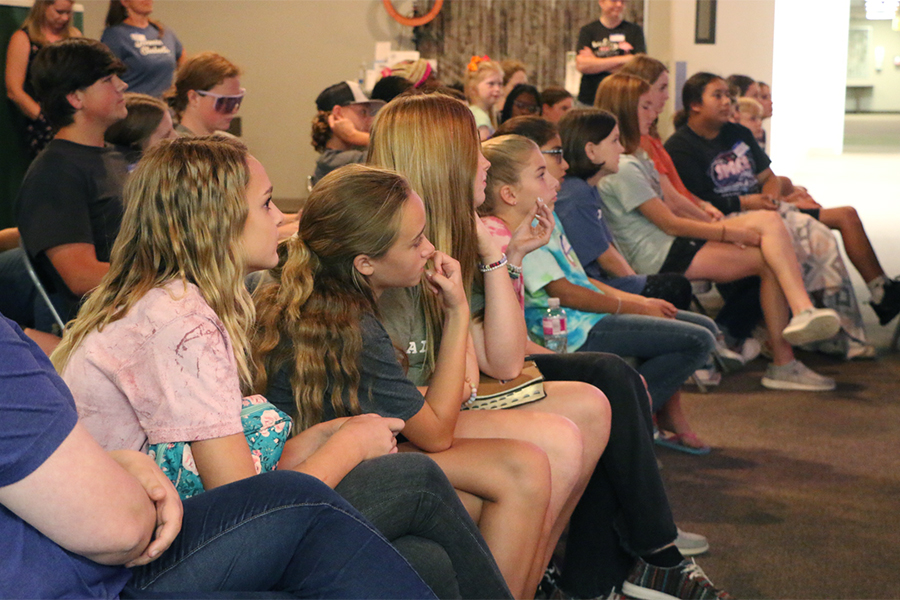
Among the piney woods of deep East Texas, Don Scrivener, a 2007 Master of Arts in Christian Education graduate of Southwestern Baptist Theological Seminary, is seeking to equip the students at Denman Avenue Baptist Church in Lufkin with the tools of apologetics.
A 15-year veteran of student ministry, Scrivener said during the five years he has served as the associate pastor of students at Denman Avenue there has been growth, “both numerically and growth in relationships with the Lord,” but two years ago he “really saw the need…to shift” how he was approaching things in the student ministry.
Scrivener said he was “doing things mostly the way I’ve always done them adjusting here and there.” He said he noticed “that there was a disconnect with some of our kids” which he determined was based on needing “a deeper understanding” of their faith. This realization, Scrivener explained, led him to pray and discern that he was “overlooking the basics” and making the assumption the students understood why they “needed a relationship with Jesus” and evaluate what they really believe.
The conclusions Scrivener came to caused him to reevaluate and retool how the student ministry approaches their Wednesday night times with the youth. The youth ministry shifted to having small group discussions led by adult volunteers where students have started to ask questions which has resulted in “spurring on a lot of good conversations that lead outside the walls of our church,” he explained.
As the student ministry, which includes youth from sixth to twelfth grades, has modified its Wednesday night programming, the result has been “profitable” among the students who are “understanding” the application of Scripture to their everyday lives and learning how to respond to questions they encounter at school and home, Scrivener observed.
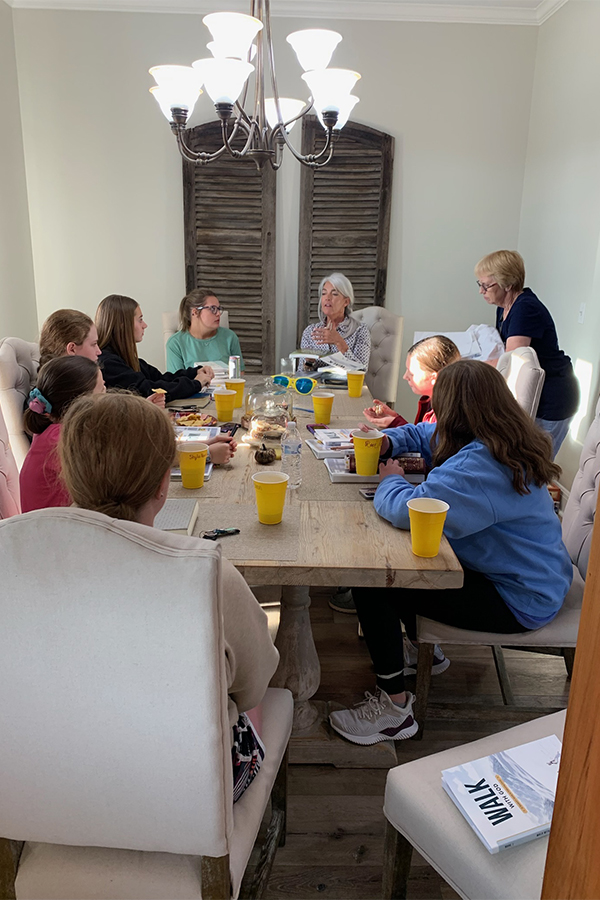
Don Scrivener, a Master of Arts in Christian Education graduate of Southwestern Baptist Theological Seminary, has worked to retool the structure of Wednesdays nights at Dedman Avenue Baptist Church in Lufkin, Texas, where he serves as associate pastor of students. He has sought to equip the students with the tools of apologetics.
Scrivener said he has helped his student ministry volunteers, and the students themselves, learn differently as they have changed paradigms to move away from telling students what to believe or “getting past” cultural Christianity, including “what my mom said, and my grandmother said.” While Scrivener admits “it has been a longer road of having to kind of break through some of that,” the result has been the opportunity to “equip [the students] with the tools and resources to point back to Scripture.”
Scrivener recalls one of the students in his youth ministry who texted him at the beginning of the school year in August 2022. The student asked Scrivener to pray for him as he had a “situation” at school with a classmate who “always bashes the church and bashes Christianity,” the youth minister remembered the student described. The student in Scrivener’s youth group had been approached by the classmate with the question, “If God loves us, why does this happen?” as he had “grown up in church and experienced hurt and brokenness,” Scrivener remembered.
The classmate asked the student in Scrivener’s youth group for answers because he attended church and said he was a Christian, Scrivener said. Through a series of text messages, and one-on-one conversations, Scrivener helped the student in his youth group by providing “tools and resources.” Scrivener also told the student, “Not to be afraid to say, ‘Hey, I don’t know right now, but let me help you walk through this.’”
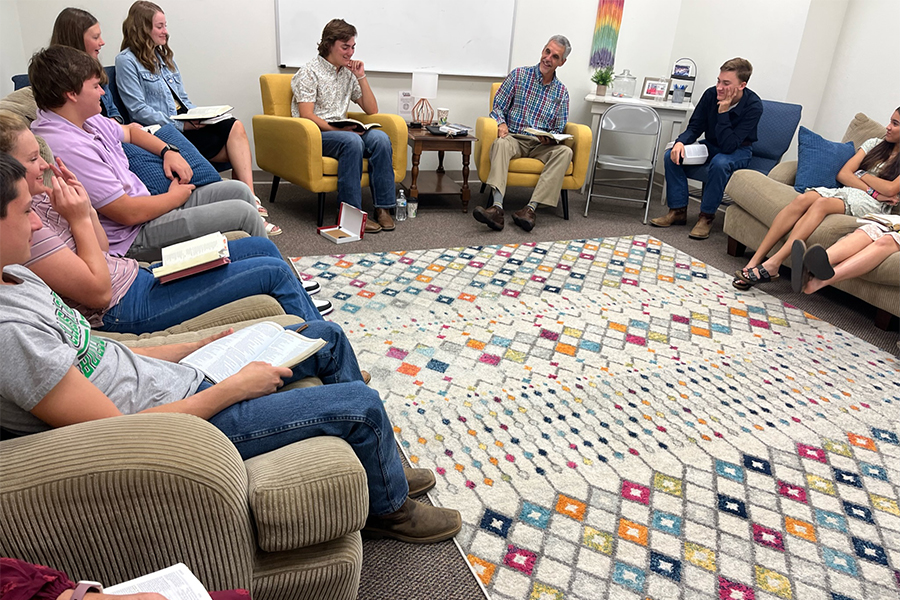
Wednesday nights with the students at Dedman Avenue Baptist Church in Lufkin, Texas, has moved to having small group discussions led by the student ministry volunteers. The result has been “good conversations” that go beyond the church walls, said Don Scrivener, associate pastor of students.
In his native Mississippi and North Carolina, in addition to Texas, Scrivener said his time ministering to youth in various regions across the country has shown him “cultural shifts” that necessitate a “foundation,” making apologetics “needed more now” than ever before.
Scrivener encouraged other youth ministers to “dive into” incorporating apologetics as part of their ministry to students as they work at finding “good resources” to make available to the volunteers in the ministry. He added that he has also seen the “difference” in placing volunteers in areas of their giftedness because in apologetics they will need to build “relationships with these teenagers and helping them understand what they believe and why it’s important and how they see it in everyday life.”
“Everyday Apologetics for Every Christian” was the topic for the August Southwesterners’ Forum. Led by Ted Cabal, professor of philosophy of religion, and moderated by Andrew Jennings, instructor of apologetics, helpful tips and suggestions were provided to help church leaders equip those in their churches with the tools of apologetics. Watch the entire forum here.
